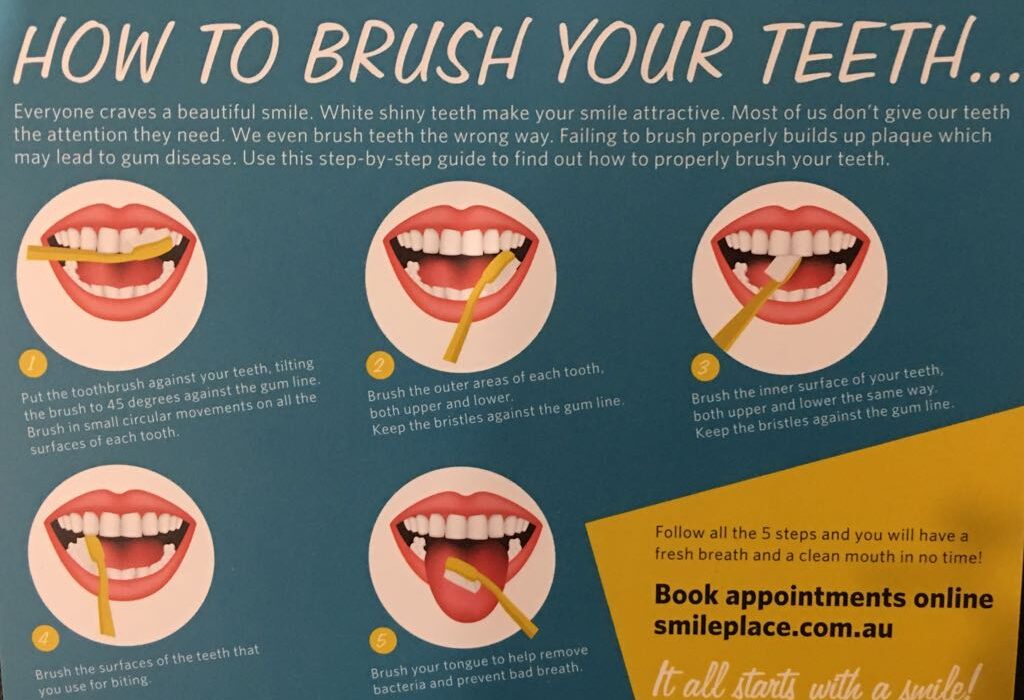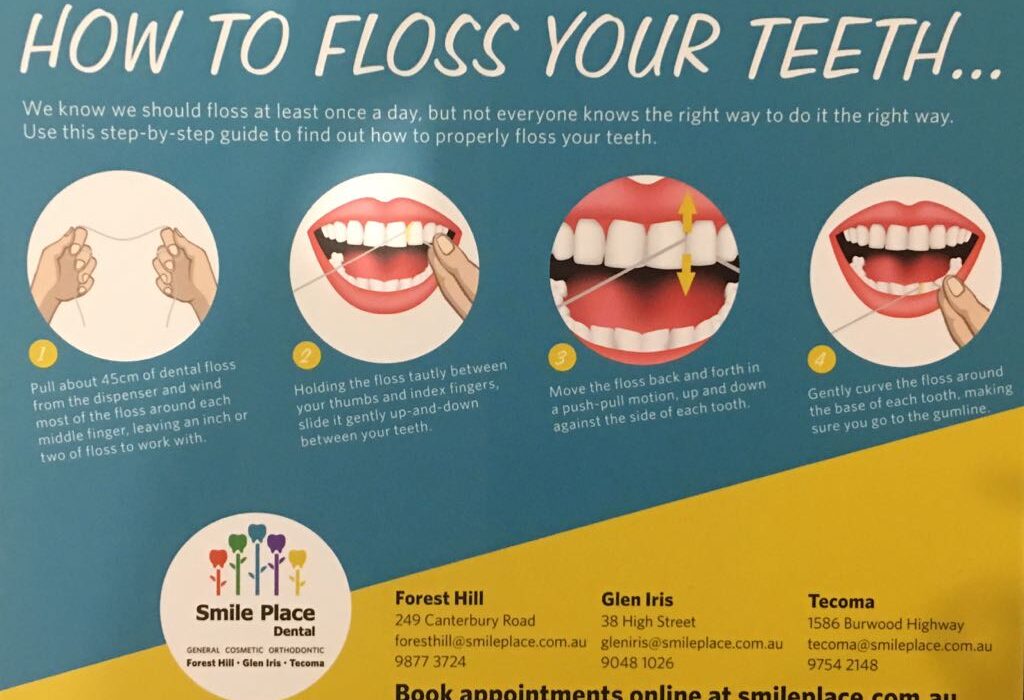
Struggling with bad breath? You’re not alone.
Did you know that allergies can also affect your oral health? Symptoms include tooth pain, dry mouth, bad breath and swollen gums and throat. Read on to learn more.
Have you ever noticed your lips tingling or your gums feeling swollen after eating certain fruits or vegetables? If you struggle with seasonal allergies or pollen sensitivities, you might be dealing with more than just sneezing and itchy eyes. Oral Allergy Syndrome (OAS) could be affecting your mouth and gums, too.
But don’t worry, understanding OAS is the first step to managing it. Let’s dive into what OAS is, how it affects your oral health, and what you can do about it.

We often hear about how allergies affect our skin or respiratory system, but did you know they can impact your oral health as well?
Enter Oral Allergy Syndrome (OAS), a condition where people with pollen allergies experience discomfort in their mouth after eating certain raw fruits, vegetables, or nuts. If you have OAS, you too might feel itching, tingling, or swelling in your lips, tongue, gums, or throat.
So why does this happen?
This happens because the proteins in raw foods can look a lot like these pollen proteins, tricking your immune system into thinking they’re harmful. This confusion sets off the symptoms of OAS.
OAS is particularly common among people with asthma or hay fever, making them more likely to experience these symptoms when pollen counts are high.

If you’re experiencing discomfort in your mouth after eating something your body is allergic to or being exposed to pollen, it’s probably either one of these three:
Your allergies are acting up, but why are your teeth hurting? Allergies can cause you to feel tooth pain, especially in the molars. Your maxillary sinuses are usually affected by allergies. Congestion and pressure build in them. This is what can create the pressure that you feel in your face and head, but it also places that pressure on the roots of your teeth.
Since the root tips of your upper molars sit very close to your sinuses, the pressure and congestion can affect the roots of your teeth. The result is pain and inflammation in the upper molars.
As you become congested you tend to breathe through your mouth more, leading to dry mouth conditions. As you breathe through your mouth your saliva dries up creating an ideal environment for cavities. Saliva plays a crucial role in maintaining oral health, including deterring tooth decay, neutralising acids, and washing away debris.
In addition to the natural effects of allergies, antihistamines further contribute to dry mouth. Allergy medications dry up the mucus in the sinuses and the saliva in your mouth. A lack of saliva can not only affect your teeth but also cause bad breath.
While bacteria and vigorous brushing can cause your gums to swell, allergies can trigger an immune response, leading to inflamed, irritated and swollen gums and throat. As the pain keeps you from brushing as much as you need to, it makes it hard to reach some areas. Over time, this can cause gingivitis.
If left untreated gingivitis can progress into periodontitis, a more severe form of gum disease. Therefore, it is crucial for individuals with allergies to take extra care in maintaining their oral hygiene to prevent such complications.
To avoid these syndromes, it is essential to treat your seasonal allergies with the proper medications, stay hydrated to fight dry mouth and keep up with your routine dental check-ups.

Allergies are different for everyone, but there are certain foods which are more prone to triggering an allergy. To give you an idea, here’s a non-comprehensive list of food types that have proteins which mimic pollen:
| Fruits
Fruits like apples, peaches, pears, cherries, and melons have proteins that can mimic pollen, causing your mouth and throat to react when you eat them raw. |
Vegetables
Carrots, celery, bell peppers, and cucumbers. |
| Legumes
For some people, peas, beans, and lentils could also lead to OAS symptoms. |
Seeds
Sunflower seeds and sesame seeds are small but can pack a punch if you have OAS. |
| Tree Fruits
If plums, apricots, and nectarines make your mouth itch, it’s probably due to OAS. These fruits are known for causing reactions in people allergic to birch pollen, as their proteins are quite similar. |
Spices
Spices add a whole new level of aroma to a dish but some can leave a strange sensation in your mouth. In particular, coriander, cumin, and parsley can cause OAS. |
| Herbs
Fresh herbs like basil, mint, and dill. |
Nuts
Almonds, walnuts, hazelnuts, and cashews can trigger OAS symptoms because their proteins can cross-react with pollen proteins. |
Not everyone will experience allergies to these foods of course. Only certain individuals with specific sensitivities may have a reaction, so it’s always a good practice to keep track of any symptoms.
While there’s no cure for Oral Allergy Syndrome, you can take steps to prevent and manage its symptoms. Here’s how:
The easiest way to prevent OAS symptoms is to avoid eating raw fruits, vegetables, nuts, or other foods that trigger your reactions – such as the ones mentioned above.
But what if they’re some of your favourites? Well, cooking these foods can often destroy the proteins that cause OAS, making them slightly safer to eat.
Drinking plenty of water helps keep your mouth moist and reduces the risk of dry mouth. This is especially important if you’re taking antihistamines, which can contribute to dehydration.
Stick to your regular brushing and flossing routine, even if your gums feel swollen. This will help prevent plaque buildup and reduce the risk of gum disease.
Managing your seasonal allergies with medications can reduce the severity of OAS symptoms. Antihistamines, nasal sprays, and decongestants can help control your overall allergic response.
There’s no one-size-fits-all treatment for Oral Allergy Syndrome, but managing your allergies can help. If you suspect you’re experiencing OAS, it’s important to consult both a doctor and your dentist.
Your GP or an allergist can work with you to identify specific allergens and recommend treatments, such as allergy shots or prescription medications, that may help reduce your symptoms.
A dentist can help you manage oral symptoms like dry mouth, tooth pain, or swollen gums. Regular dental check-ups are key in preventing more serious issues like gum disease.
For those who are already aware of their allergies, avoiding certain foods can help prevent Oral Allergy Syndrome.
However for those who may be experiencing these symptoms for the first time, it’s good to be reminded that Oral Allergy Syndrome isn’t something to be embarrassed about.
Sometimes our bodies change as we age, contributing to new allergies that interfere with our daily lives. Getting the right diagnosis and advice can help you manage your Oral Allergy Syndrome effectively.
If you think you may be experiencing Oral Allergy Syndrome, let our dentists know at your next Smile Place Dental appointment so we can help you manage these symptoms better.
OAS is an oral symptom from a food or respiratory allergy that causes itching, tingling, or swelling in the mouth, lips, tongue, or throat. A dentist might help by identifying symptoms that overlap with other oral conditions and referring you to an allergist if needed.
Common symptoms include itching, tingling, or swelling in the mouth, lips, tongue, or throat. Tooth pain, dry mouth and bad breath are also symptoms of Oral Allergy Syndrome.
Raw fruits (like apples and peaches), vegetables (like carrots and celery), nuts (like almonds and cashews), and spices can trigger Oral Allergy Syndrome.
The proteins in these foods are similar to pollen proteins, causing an allergic reaction. Dentists can help by educating patients on the link between OAS symptoms and dietary triggers, and may collaborate with allergists to provide comprehensive care.
Avoiding trigger foods is key to managing Oral Allergy Syndrome but cooking these foods help too. Cooking breaks down the proteins that cause OAS, reducing symptoms.
Oral Allergy Syndrome is usually mild but can cause discomfort. Dentists can assess the severity of oral symptoms, provide relief strategies, and refer patients to allergists for a comprehensive evaluation if symptoms are severe or persistent.
There’s no specific treatment for Oral Allergy Syndrome, but avoiding trigger foods can help. Dentists can offer support by managing oral health issues related to Oral Allergy Syndrome and suggesting treatments to alleviate symptoms or discomfort.
Dentists can help by understanding how OAS might affect oral health and collaborating with allergists to provide comprehensive care for allergies that impact both oral and overall health. They may also monitor oral health to ensure symptoms are not mistaken for other conditions.
Author Summary – Dr Chitra Rao

Dr. Chitra Rao has over a decade of experience in dentistry, specifically in the field of cosmetic and orthodontic treatments. Dedicated to achieving optimal results, she takes a detailed and personalised approach to creating beautiful, confident smiles for her patients. Outside of dentistry, Dr. Chitra enjoys staying active, traveling, and spending time with her family.

Struggling with bad breath? You’re not alone.

Keep it clean, keep it bright with these simple tips.

Do you brush twice a day, use a mouthwash, and still struggle with bad breath or surprise cavities? If so, the problem may be caused by inconsistent flossing. Most people skip flossing and those who do floss, often don’t do it right, leaving behind plaque and food debris. The good news? Flossing properly takes just […]